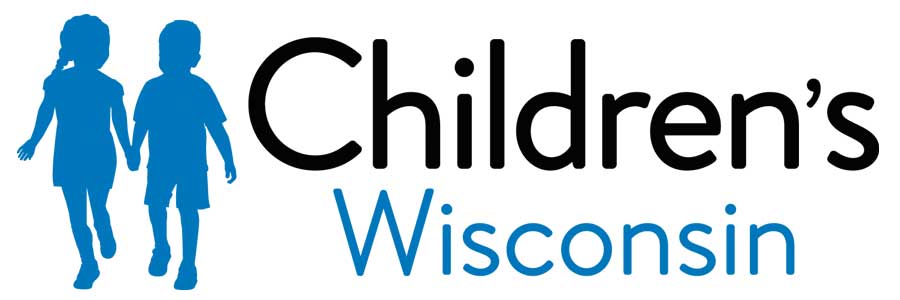Adenoidectomy
Key points below
What is an adenoidectomy?
This surgery removes your child’s adenoids. The adenoids are behind the nose and hidden behind the roof of the mouth (palate). They are often removed if:• The tube that connects the middle ear to the back of the throat (Eustachian tube) is blocked.
• They are large and block the nasal passage.
• There is chronic infection.
What do I need to know before my child's surgery?
• Do not give your child these medicines at least 2 weeks before surgery. They increase the chance of bleeding during surgery.– Ibuprofen (Motrin®, Advil®, Pediaprofen®)
– Naproxen
– Aspirin
• You can give Tylenol as needed. Do not stop any prescribed medicines without talking with your doctor. If your child is put on any medicine other than an antibiotic before surgery, please call our office.
• We try to schedule surgery as soon as possible. If you have not heard from us in 2 weeks, please call our office.
• Surgery is best done when your child is healthy. If your child has signs of illness, call your child’s doctor or nurse right away. Surgery may be cancelled if your child is ill or has a fever.
What do I need to know after my child’s surgery?
Your child will need to meet these goals before going home:
• Taking enough fluids.
• Feeling comfortable.
• Getting back to some quiet activities.
What to expect
Your child may have:
• Throat, ear, and jaw pain that may last up to a week. Ear pain is rarely due to an ear infection.
• Bad breath. This is very common and will go away. Do not give your child mouthwashes or gargles.
• Increased nasal drainage. This may last for a few days after surgery.
• Children often have a mild fever after surgery. It is normal to have a temperature of 100 to 102 F (37.8 to 38.9 C) for a day or two.
Pain
Every child copes with pain differently. Give acetaminophen (Tylenol) or Ibuprofen as needed. You may alternate the Tylenol and ibuprofen. Use this chart to help you remember: #1360 Going home with medicine
If your child has bleeding issues, do not give ibuprofen.
• Your doctor may prescribe a stronger prescription pain medicine. This medicine is called a narcotic. Some narcotics contain acetaminophen (Tylenol). If your child is taking a narcotic, check with your doctor before giving Tylenol.
• If your child needs more pain medicine, call the nursing line at (414) 266 2982. After hours call (414) 266-2000. Ask to have the ENT doctor on call paged.
• Be sure to follow the directions on the bottle label of all medicines you give your child.
• If you child does not want to drink fluids it may mean that your child is having pain. You may need to give pain medicine more often. If you are not sure, talk with your child’s doctor about pain medicine needs.
Diet
• Have your child drink plenty of fluids to avoid dehydration. Start with clear liquids. This includes flat white soda, water, broth, apple juice, and popsicles.
• If your child does not have an upset stomach when fully awake from surgery, a regular diet can be started.
• If your child is constipated, give over the counter Miralax.
Activity
• It takes a few days for your child to recover. During this time, your child should do quiet activities. Avoid rough play, gym class, sports, and swimming. Have your child play quiet games, read or watch TV. If there are activities you are worried about, please ask the doctor.
• Your child may go back to school or daycare and normal activities after:
– They are eating and drinking normally.
– Pain medicine is no longer being used.
• Avoid contact with people who are ill for a couple of weeks.
• Travel away from home is not recommended for 1 week after surgery.
Healing
• Your child may have a lot of saliva in the mouth. This will go away when your child swallows more.
• Some children may have liquids come through their nose due to swelling from the surgery. This will slowly improve as your child recovers. Continue to give your child fluids to drink.
• Your child’s voice may sound different as if “talking through the nose.” This should return to normal after healing is complete.
Follow up care
• Your doctor’s office will call you in 3 or 4 weeks to check on your child’s progress.
• You do not need an appointment unless you have any specific concerns.
• We would be happy to see your child if needed.
Other teaching sheets that may be helpful
• #1118 Opioid Safety
• #1360 Going home with medicine
